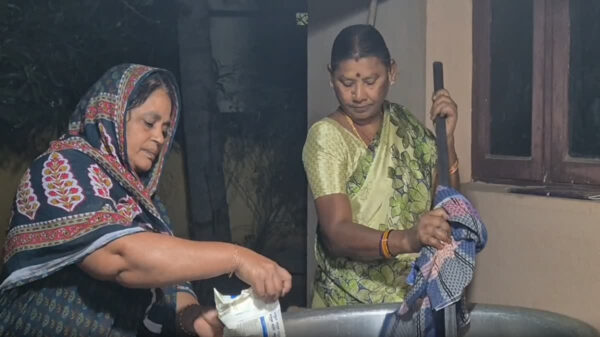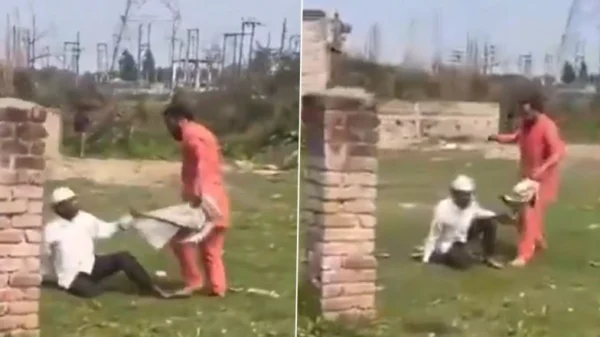The Gujarat High Court has cleared the way for the partial demolition of the 400-year-old Mansa Masjid in Ahmedabad to widen a road, rejecting a four-week stay plea filed by the mosque’s trust. The court ruled that the road-widening project serves the public interest.
The Mansa Masjid Trust had challenged a notice from the Ahmedabad Municipal Corporation (AMC) asking the mosque authorities to vacate part of the premises in Saraspur to facilitate a city development scheme. Justice Mauna M Bhatt, delivering the ruling, refused to stay the AMC’s order, noting that provisions of the Waqf Act did not apply because the Municipal Commissioner acted under special powers granted by the GPMC Act, making the plea legally untenable.
The trust had argued that the mosque, believed to be around 400 years old, holds significant religious and cultural importance and has been reconstructed and renovated over centuries. Its registered trust, formed under the Bombay Public Trusts Act, 1950, facilitates prayers and religious activities for the community. The trust also claimed that the demolition violates constitutional guarantees of religious freedom and accused the AMC of ignoring objections filed in January 2025.
The state government defended the project, saying it is essential to ease traffic congestion and improve urban development along the stretch connecting Kalupur railway station and the Ahmedabad Metro Junction. Officials stressed that all legal procedures under the GPMC Act were completed and that Waqf Act provisions do not apply when special powers are invoked.
The High Court’s decision aligns with this position, confirming the project’s public interest and proper legal process. The ruling comes amid heightened tensions over the protection of historic Muslim religious sites in Gujarat. In September 2024, a five-century-old mosque, a dargah, and a graveyard were demolished in Gir Somnath district, prompting widespread outrage and a petition in the Supreme Court. The top court, however, declined to halt the demolitions, upholding the state government’s claim that the actions were lawful.





























































